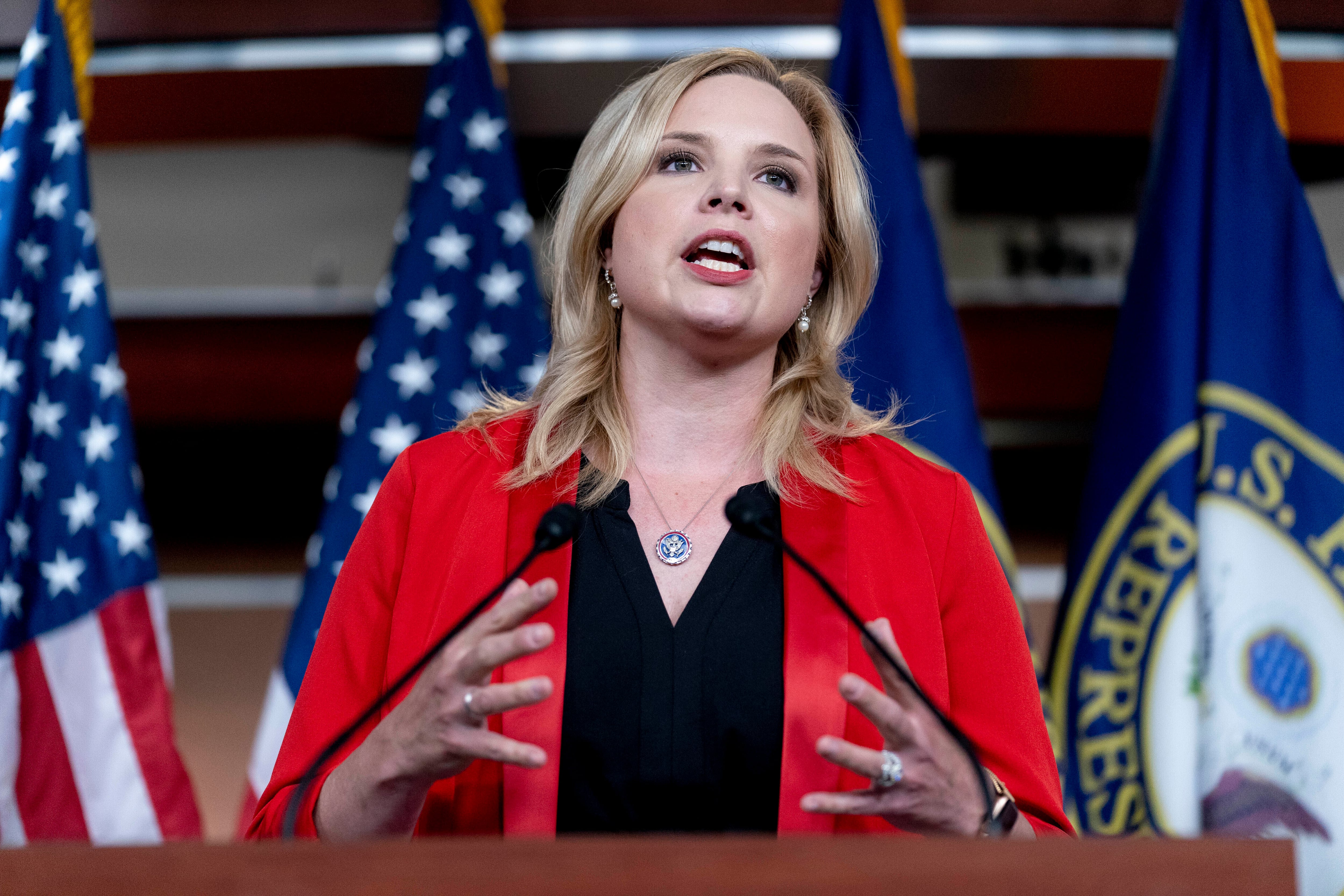In the age of continued remote work and telework (for some in the federal government, at least), questions arose whether commuting time to and from the office is considered time on the clock.
Many federal employees will be seeing themselves and their colleagues coming back to federal offices more frequently this fall, as several agencies have announced formal in-person schedules. Those who live outside of the D.C.-metro area or moved to the suburbs during the pandemic may wonder whether their longer commutes to the office can be billable hours.
The guidance comes after nearly two years of heightened telework for some government agencies that were forced to operate remotely because of the global pandemic. But over the last year, the government has signaled an expectation that in-person work will return, albeit exactly how much and when is still taking shape depending on agencies’ leadership. Some federal employees say the thought of wading through city traffic again is a headache in the making, while others have said it’s high time federal employees return.
The Metropolitan Washington Council of Governments’ annual survey found that driving alone and telework accounted for nearly nine in 10 commute days in 2022. Meanwhile, the Washington Metropolitan Area Transit Authority is projecting a $750 million shortfall after losing half its weekday rail rideship during the pandemic to telework, according to a June report by The Washington Post.
RELATED

Whether feds will commute by plane, train or automobile, some will see that travel to work compensated, while others will not.
In a nutshell, guidance by the Office of Personnel Management published Aug. 22 says: it depends. Factors like whether on whether an employee is covered by the Fair Labor Standards Act and whether they are a teleworker or remote worker influence how commuting time is compensated, if at all.
Under the FLSA, travel time is creditable if the employees is required to travel during regular working hours, either for a trip or other official business. For the most part, those who work in executive, professional, and administrative jobs are exempt from the FLSA.
However, if an employee begins working at home as a teleworker and is then required by a supervisor to report to an agency worksite after the start of the workday, time spent traveling from home to the office during the workday is considered hours of work for both FLSA-exempt and FLSA-nonexempt employees.
If an employee has been given advance notice of a requirement to report on-site on what would have been a telework day, then traveling to the office is considered normal, non-compensatory commuting time.
A teleworking employee can also use annual leave or paid time off to end the workday earlier and commute home for certain obligations if necessary, OPM said. Workers could also request leave to cover the commute home, or they can commute during designated breaks to work the remainder of the day from their home office.
For fully remote workers who do not report to an office with any regularity, the rules differ slightly.
RELATED

The treatment of travel time depends on whether the agency worksite is within the “official duty station.”
Ask yourself this question: is the office within the official duty station of where you’re working remote? If so, travel is considered just commuting time for all workers, whether the FLSA applies or not.
For example, say you begin working your day from home as usual as a remote worker. But then, mid-morning, your supervisor requires you to come into the office. Assuming you live close enough to the office and could make same-day reporting possible, time spent traveling to and from the agency worksite during regular working hours is merely commuting time because you live close enough.

But if not, then the time commuting is also considered hours worked.
Now, what happens if you are a remote worker and you work in a different time zone than the agency office?
In that case, according to OPM, the agency could either establish fixed daily hours times for the remote worker or approve a flexible work schedule with core hours that ensure some overlap with colleagues in the other time zone.
Molly Weisner is a staff reporter for Federal Times where she covers labor, policy and contracting pertaining to the government workforce. She made previous stops at USA Today and McClatchy as a digital producer, and worked at The New York Times as a copy editor. Molly majored in journalism at the University of North Carolina at Chapel Hill.





